I would love if you all took a look at our author Bio. We have some good questions and answer for her to answer. I also had the opportunity to read her latest book called "Out from the Underworld". I have a reviewed it here at NRC and I also got a giveaway as for all of you as well. Out from the Underworld by Heather Siegel & Giveaway, Here is the author bio for before we enter the interview. We welcome Heather to our community. #Interviews, #Interviewsaroundtheglobe, #NRC, #Giveaways, #memoir #motherlessdaughters #bookreview, @SiegelHeather, @iReadBookTours, +Laura Fabiani iRead Book Tours +Debra Schoenberger iRead Book Tours
Heather Siegel holds an MFA in nonfiction writing from The New School. Her work has appeared on Salon.com and in The Mother Magazine and Author Magazine, as well as in various trade publications. She was a finalist for the 2010 Pacific Northwest Writers Association Literary Award in Nonfiction Writing, the 2011 San Francisco Writers Conference Nonfiction Writing Award, the Carolina Wren Press 2012 Doris Bakwin Award and the 2012 Kore Press First Book Award. A multi-creative person with interests in the arts, nutrition, health and beauty, she has founded several independent businesses, including a coffeehouse, a café, an organic juice bar and a natural beauty bar. She currently lives with her husband, Jon, and daughter, Julia, in the woods of Long Island in a house filled with light.
Connect with Heather: Website ~ Facebook ~ Twitter

Hmmm. I think I’ll have to go with:
A basement. An undertaker. Three kids. The disappearance of their mother. One daughter tells the truth of what happened.
Where or how did you come up with the idea for your story?
Unfortunately, it was a story that I lived—and eventually found the courage to tell. On the bright side, those experiences did make for good writing material. In the acknowledgements I thank my parents “for the early years” and “for giving me something worth writing about in the first place.” And on some level, I do mean this. Naturally, I would have preferred to have lived a more nurtured childhood. But I was dealt this hand and am grateful that I eventually learned how to transform it into art.
How important are names to you in your book(s)? Do you choose the names based on liking the way it sounds or the meaning? Do you use any resources in assisting you to choose the names?
Well, in order to write the book, I used the real names of the people—it was just something that helped me during the writing process. Later, I would go back with my editor and we would change the names across the board. In some cases, keeping a nationality was important, in other cases, it was about the sound of the person’s name I wanted to preserve. I needed the world Alma, for example to sound similar to Mama.
Which of your characters (in this book) is your favorite and Why?
I think I like that character Alma I just mentioned, mainly because she was fun to write. She is a flawed but loveable, a fiery, sexy Cuban woman who taught me a thing or two about sexuality, and also optimism. She doesn’t care—in the story, or in real life, for that matter—what people think of her, and it was refreshing to both be around and to write.
Was there a certain scene in this book that was harder for you to write than others?
Sure. There were many. In memoir it can sometimes be hard to dramatize an undramatic scene. For example, I hated living in that basement apartment. But maybe not everyone can understand why living in a basement is so horrible. So when we move into that space, I had to rely on arguing to the reader why it actually was a nightmare. Because the action- the three of us dragging our suitcases down there--wasn’t exactly a high drama, heightened car chase kind of moment. But if I could get the reader to smell the place and feel the dampness and see how very absurd it was that we—a middle class suburban family—whose father made a respectable living as a funeral director and could actually afford an apartment somewhere with windows, well, then I’ve done my job.
Also, I guess there were some scenes about my mother and father that were hard to write. Because I had to be honest about their actions and choices, and that’s not always easy to do without coming across as bitter, or maybe worse, coming across as sentimental.
If you could cast your characters in the Hollywood adaptation of your book, who would play your characters?
Good one! Hmmm, I think a casting crew would have its challenges because I would have to ask them to work backward. For adult grown children, I would go with Ryan Phillipe for my brother… Katherine Heigl for my sister… maybe Julia Roberts for me? People have commented on how I resemble her in certain ways.
For the older version of my Dad, I would go with Al Pacino, hands down. For my mother, we only need a young version, as she is written about mainly in flashback. Maybe…Margot Robbie? My mother was Dutch and blonde and pretty striking.
What was your favorite part to write and why? (Alternate Q: What is your least favorite part of the publishing / writing process?)
My favorite part to write was probably all the dialogue—it was something my ear could hear as if it were live streaming. At times I felt that all I really needed to do was to tap in and transcribe. Description was harder for me. It’s always been my weaker point in writing, but I’ve spent enough time muscling through description that I actually might not be half bad at it by now.
Just as your book(s) inspire authors, what authors have inspired you to write? (Alternate Q: If you didn't like writing books, what would you do for a living?
Well, I have read countless memoirs. Some notable ones that stood out for me include Mary McCarthy, Memories of a Catholic Girlhood. Tobias Wolff, This Boy’s Life. Jill Ciment, A Half a Life. The list goes on…
As far as what I would do for a living if I didn’t write books, I would say that I am already doing it. I have been a small business entrepreneur for over twenty years. Coffeehouses, a café, a juice bar, a beauty bar. Right now, I am only working on the latter two. Part of my story is that I grew up poor, and so straight out of college, even though I was an English major, I knew it was more important for me to deal with my survival needs than it was for me to create art. That would come later. But the truth is that even now I like the balance of the two worlds. One is solitary and the other social. And I think that if I were doing only one, I would miss the other. Case in point: it’s 11:00 a.m. and I am still in my pajamas, teeth unbrushed. Maintaining my connections to the outside world is important, at the very least, to upkeep good hygiene.
What writing advice do you have for other aspiring authors?
Read, of course. And read the genre you want to write. I had a writing teacher once who gave us a laundry list of all the great books in our genre. “People, we’re not reinventing the wheel,” he said. It made me laugh, but it was true. Writing is a craft and you have to study those who are good at it. You have to look at what the classics in your genre are, see why they work so well, what makes them classic. That said, I would suggest that after you read all the books in your genre, to set aside all those voices and work on developing your own sound. We may not be reinventing the wheel, but we do each have a unique sound, and finding that sound is part of the artistic challenge.
Also, you have to be kind to yourself as you are working on putting in your “10,000 hours” that Malcom Gladwell talks about in his book Outliers. He argues that takes a human being 10,000 hours to master a subject. Writing, I believe, is no exception to this rule.
Do you read your reviews? Do you respond to them, good or bad? Do you have any advice on how to deal with the bad?
Sure I respond to them. I’m human. But this is also my first book, so I feel pretty free about the process. Whatever will be will be. I did my part. I worked hard to create what I think is a great book. Luckily, it’s being received pretty well so far.
What are you working on now? What is your next project?
I’ve been working on another memoir—a lighter, funnier work about marriage. But it’s too early to talk much more about it. I am also considering trying my hand at fiction someday soon. I’ve had some stories knocking around in my head for some time. Again, way too early to even talk about.
Bonus Question: Characters often find themselves in situations they aren't sure they can get themselves out of. When was the last time you found yourself in a situation that was hard to get out of and what did you do?
Are we talking real life here? If we are, then I suppose the other day I had a situation. I backed my husband’s brand new car into the corner of the garage.
Of course I apologized and took the car to the body shop and all of that. But let’s face it. It’s kind of hard to justify an indoor car crash—so there was no getting out of it. And I don’t think I will ever be let off the hook with that one.
Thank you for stopping by Heather Siegel. I have learned from your book. I learn a lot about your family or in-laws. I happy for you have stop by Nighttime Reading Center. I hope you come back.


Please read my NRC Policies Page. Follow NRC: | Facebook | Twitter | Bloglovin | Pinterest | Goodreads | Google + | Smashwords | Fictfact | Riffle |
Linkedin | Sign up for NRC Newsletter |













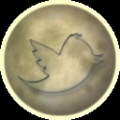

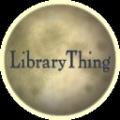
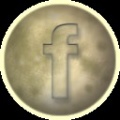
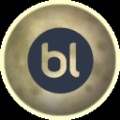

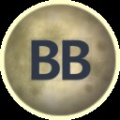

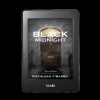
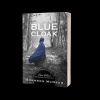
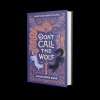
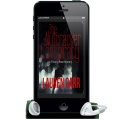
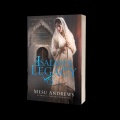
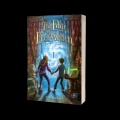


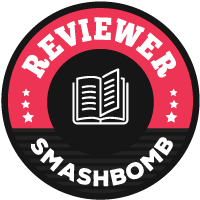
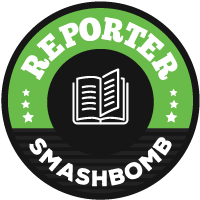
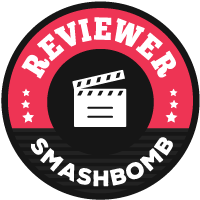
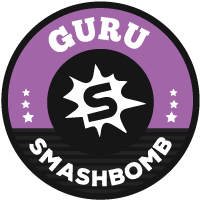
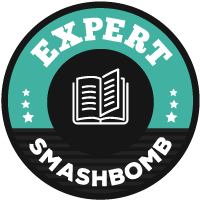



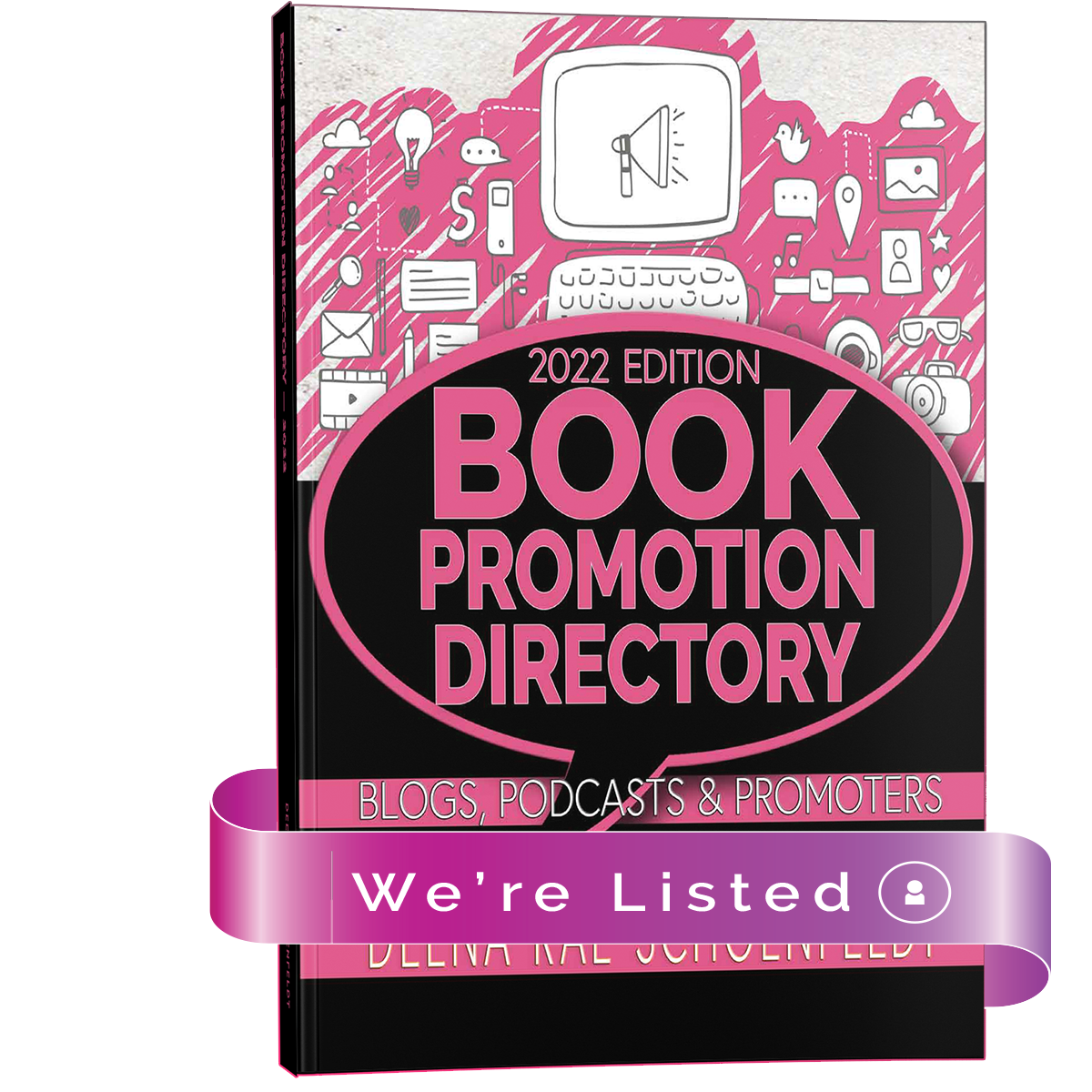


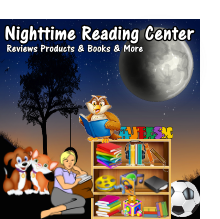





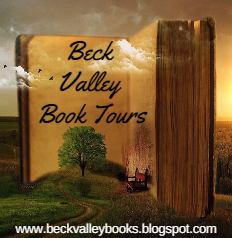
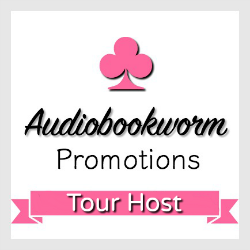


0 comments:
Post a Comment